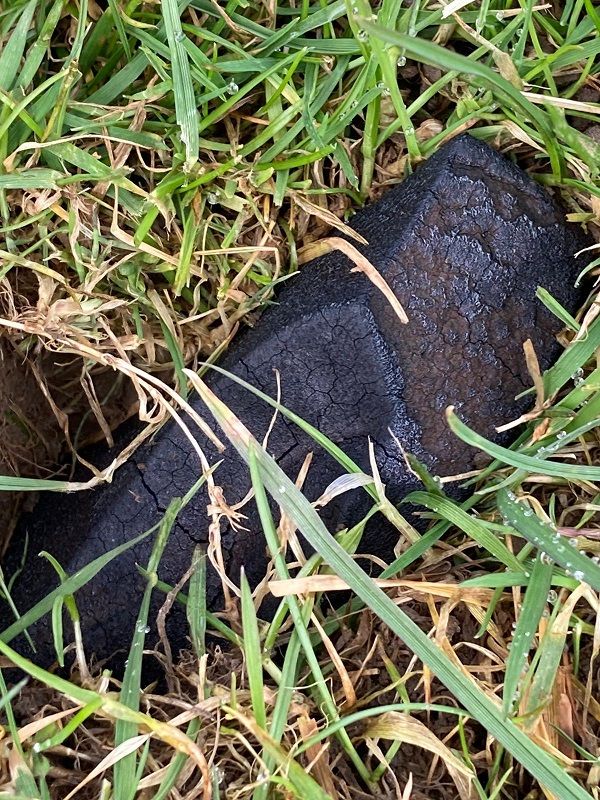London, IDN Times – A fireball that fell in England turned out to be a very rare type of meteorite. The event that the fireball fell at that time occurred on February 28, 2021. How did the story start?
1. According to research results, the stone is formed from carbonaceous chondrites
Reporting from CNN, the fireball that lit up the sky and fell over Britain and other Northern European countries is an extremely rare type of meteorite. The extraterrestrial rock fragments found at the entryway in the Cotswolds could provide answers to questions about the early history of the solar system and life on Earth. The meteorite weighing nearly 300 grams has been collected from the small town of Gloucestershire on Winchcombe by scientists, who say the rock was formed from carbonated chondrites.
It is one of the most primitive and pure substances in the solar system known to contain organic matter and amino acids, the ingredients for life. The Natural History Museum in London, England says the fragments were taken in excellent condition and so quickly after the fall of the meteorite that they can be compared to rock samples returned from the space mission, both in quality and quantity.
A planetary science researcher from The Open University, Richard Greenwood, was surprised to see it and immediately knew it was a rare meteorite and a truly unique event. He also felt very emotional when he was the first to confirm it to the public.
–
2. Of the approximately 65 thousand meteorites, only 51 of them are carbonaceous chondrites
 Fireballs that fell in England at the end of February 2021. (Twitter.com/FireballsUK) –
Fireballs that fell in England at the end of February 2021. (Twitter.com/FireballsUK) –
Continue reading the article below
Editor’s picks
–
Of the approximately 65,000 known meteorites on Earth, only about 1,206 have been seen falling and 51 of them are carbonaceous chondrites. It is the first known carbonated chondrite to be found in England. Very old meteorites are known to be about 4.56 billion years old, much older than any rock from Earth.
Nearly all of these extraterrestrial rocks have been thrown from asteroids and traveled for thousands of years through space before being caught, usually by the sun but occasionally by Earth. The last time a meteorite was found in England was around 1991, where a rock fell into a garden in Glatton near Peterborough, while the owner of the house was gardening at the time.
Also Read: 6 Largest Meteorites Ever Found on Earth
–
3. The falling fireball that penetrates Earth’s atmosphere makes scientists happy
On February 28, 2021, a fireball fell through the Earth’s atmosphere, much to the delight of scientists from England to the Netherlands who are thought to have partially survived the trip in form. At that time, most likely landed in northern Cheltenham, England. The founder of the British meteor network, Richard Kacerek, said computer modeling showed the possible location of the meteor collision was in the northern city of Glouchestershire, England.
One of the greatest attractions in studying meteorites is a theory called paspernia, in which it is explained that chemical life exists in outer space. Astronomical research has found the building blocks of life in the atmospheres of distant planets and interstellar clouds and even more complex compounds in meteorites. Given that life on Earth began at least 3.8 billion years ago and the leap from organic chemistry to self-replicating organisms was so extensive, some astronomers have suggested that life may have been produced by passing comets.
Also Read: 6 Largest Meteorites Ever Found on Earth
–
IDN Times Community is a medium that provides a platform for writing. All written works are the sole responsibility of the author.
–


